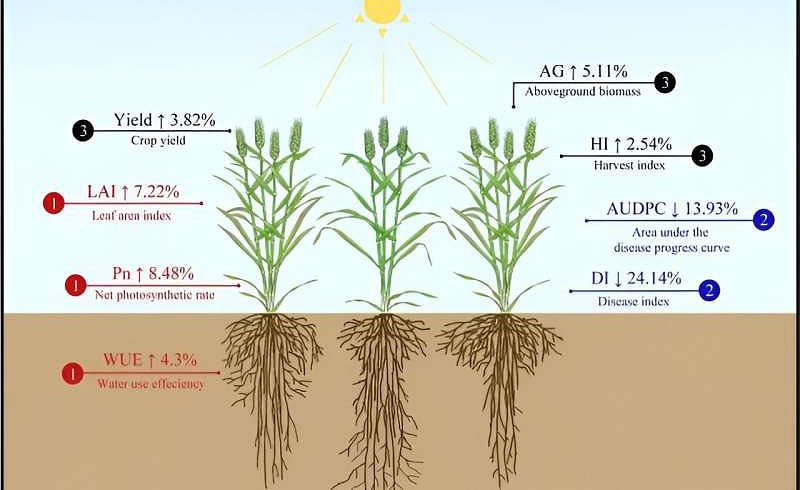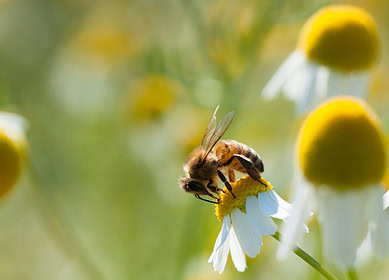Harnessing plant diversity reduces pesticide need — study

Researchers from the University of Zurich have made a compelling discovery in agricultural science. They reveal that biodiversity within plant species can significantly reduce crop damage from herbivores, potentially decreasing the reliance on pesticides. Published in Nature Communications, the study introduces a novel concept of “associative resistance,” where different plant genotypes within the same species collaborate to deter pests.
The field study conducted extensive experiments with the model plant Arabidopsis thaliana, involving 199 genotypes sourced globally. Over two years, researchers planted more than 6,400 plants in random combinations and meticulously counted herbivory incidents by analyzing over 52,000 insects.
Dr. Kentaro Shimizu, Director of the Department of Evolutionary Biology and Environmental Studies at UZH, highlighted the innovative analytical technique developed during this study, known as Neighbor GWAS. This method, borrowing concepts from physics used to study magnetic interactions, was adapted to understand genetic interactions among plants that contribute to reduced herbivore damage.
The groundbreaking results revealed that strategic mixing of certain plant genotypes could decrease herbivore damage by up to 25%. This approach leverages the genetic diversity of plants to enhance crop resilience and yield without extensive chemical interventions.
The study’s implications extend beyond increased yield: by reducing pesticide usage, agricultural practices can preserve broader insect biodiversity and contribute to environmental sustainability. Shimizu also noted that this method offers a practical solution to integrate into current agricultural practices, especially for major crops like wheat and rice, whose genomic information is already available.
Further research and trials could refine these genomic predictions, making them more accessible and actionable for farmers worldwide, aiming to boost productivity while conserving natural ecosystems.
Source: Phys.org
Enjoyed this story?
Every Monday, our subscribers get their hands on a digest of the most trending agriculture news. You can join them too!














Discussion0 comments